Table of Contents
Guide
ALLIES
A PROJECT OF BOSTON REVIEW S ARTS IN SOCIETY PROGRAM
This publication was made possible by generous support from
T HE F ORD F OUNDATION
T HE C AMERON S CHRIER F OUNDATION
V ERNON O I
Editors-in-Chief Deborah Chasman & Joshua Cohen
Executive Editor Chloe Fox
Managing Editor and Arts Editor Adam McGee
Senior Editor Matt Lord
Engagement Editor Rosie Gillies
Contributing Editors Junot Daz, Adom Getachew, Walter Johnson, Robin D. G. Kelley, Lenore Palladino
Contributing Arts Editors Ed Pavli & Evie Shockley
Editorial Assistants Thayer Anderson & Stijn P. Talloen
Arts in Society Readers Nadia Alexis, Lauren Artiles, Erinn Batykefer, Luca Johnson, Max Lesser, Spencer Quong, Spencer Ruchti, Ben Rutherford, Jacob Sunderlin, Oriana Tang
Marketing and Development Manager Dan Manchon
Finance Manager Anthony DeMusis III
Distributor The MIT Press, Cambridge, Massachusetts, and London, England
Printer Sheridan PA
Board of Advisors Derek Schrier (chairman), Archon Fung, Deborah Fung, Alexandra Robert Gordon, Richard M. Locke, Jeff Mayersohn, Jennifer Moses, Scott Nielsen, Robert Pollin, Rob Reich, Hiram Samel, Kim Malone Scott
Interior Graphic Design Zak Jensen & Alex Camlin
Cover Design Alex Camlin
Allies is Boston Review Forum 12 (44.4)
Mark Nowak's Solidarity Through Poetry is adapted from Social Poetics, forthcoming from Coffee House Press.
Vijay Iyer and Robin D. G. Kelley's Ally: From Noun to Verb was recorded and funded by the Octave Music / The Erroll Garner Jazz Project. It was recorded at The Village Studios, with engineering by Brandyn Marko.
To become a member, visit: bostonreview.net/membership/
.
Boston Review
PO Box 425786, Cambridge, MA 02142
617-324-1360
ISSN : 0734-2306 / ISBN : 978-1-946511-49-2
Authors retain copyright of their own work.
2019, Boston Critic, Inc.
d_r0
Editors Note
Adam McGee, Ed Pavli, & Evie Shockley
IN ALLIES , we ask artists how they approach a question that animates many of Boston Review's political essays: How do people who are not alike forge productive alliances? This is not only a political questionall relationships are in some sense acts of bridge-building. But in a moment of global and national chaos fueled in part by intensified identity wars, it feels critical to see if artists have ideas that others have missed.
The result is an anthology rich in insight and complexity. Arranged in an arc that moves from familial, private, erotic, and ecological concerns to explicitly political ones, it blends genres to approach the theme from a plurality of perspectives. We didn't ask anyone to toe a party line, and many among the contributors and editors are skeptical and critical of the term ally, preferring accomplices, comrades, partners, lovers, family, revolutionaries.
Editing was collaborative. Evie Shockley and Ed Pavli, Arts in Society's contributing editors, generated lists of authors to invite and helped think through which poems spoke meaningfully to each other. They also helped recruit Ladan Osman, who judged our Annual Poetry Contest, and Yvonne Adhiambo Owuor, our Aura Estrada Short Story Contest judge. Osman and Owuor selected winners as well as finalists, many of which are included here. Each frames the theme in a new light, greatly enriching the issue. The original idea for Allies came from Arts Editor Adam McGee, who then also worked to fill in gaps and did hands-on editing, with help from a cohort of readers, assistants, and colleagues.
Allies is the first book produced by the Arts in Society project. Thanks to the generous support of our funders, readers can look forward to a similar themed volume every fall. We hope you'll join us as we explore how the arts speak to the most urgent concerns of our time.
Two
Sagit Emet, translated from the Hebrew by Yaron Regev
(a finalist for the Aura Estrada Short Story Contest)
WE WERE ASLEEP going there. We were two. And too ancient. Ten and a half and five and three quarters. That is too old. That is antique. That is considered lost. And it means having no family forever and ever. It means having no home.
We were asleep. It was such a miracle that it made us fall asleep on the road.
That morning, a lot of people came to the boarding school. Volunteers. They wore black T-shirts with a red heart and our boarding school name written in English above, and in Hebrew below: Matrix  The Children's Village. That was what their shirts read. The volunteers printed them specially, because their workplace is called Matrix. That was what Clara explained to us. She's the one who takes care of us.
The Children's Village. That was what their shirts read. The volunteers printed them specially, because their workplace is called Matrix. That was what Clara explained to us. She's the one who takes care of us.
The people in the black T-shirts built stalls on the grass. Cotton candy, and inflatable slides and darts. They played the best music ever. They kept smiling and shouting, What's up kids? Are we having fun today, or what?
At first, we just peeked out the window, then we left the room and went outside and did what we had to dowe slid on the slide, and ate pink cotton candy on a stick, and jumped on the trampoline.
And after we ate hot dogs and even more pink cotton candy, we went to take a peek in their SUVs. They were parked by the dining room. Their windows were dark, but when we pressed our faces against them, we could see everything. Those little trees that spread a nice smell hanging from the mirror, coins scattered like gumballs by the driver's seat. We even saw the little chairs fastened with seat belts to the rear seats.
One SUV was open. We found that out after pressing the handle and the door opened. We knew we shouldn't, but we still climbed inside and sat in the little chairs at the back. We folded into them and then it was hard to get up. Which was funny. Chair by chair, we held hands. We thought about what would happen if we fell asleep in the SUV and the owner only found us when he reached his home. But then Clara showed up.
What are you doing here? She was furious. Are you two crazy? Get out right now!
Then the owner came. He had grey cropped hair, and even though the SUV was his, he wasn't angry at all. He even kept smiling and spoke loudly. What's up, kids? So, you like cars, eh? Clara said she was sorry and sent us back to the trampoline.
We saw her whispering with the SUV guy. We saw her crossing her hands. We knew what she was saying, we could read it on her lips: Those two! I don't know what will become of them. That's what she always said. We knew she was acting out the words with those hands she crossed, and with that throaty, Russian accent. Those twothey're tight, she probably told him. Those twothey're always together. Clara needs her hands to talk for her because nobody understands her Russian, and she doesn't have enough Hebrew words. First, she wipes them on the red robe tied to her hips, then she laces the fingers of one hand into the spaces between the fingers of the other, and then she tightens them together. Those twolike Siamese twins! Her fingers are like two rakes with their blades tangled. We've tried everything with those two. She must have sighed. Everything. First, we separated them... That was what we imagined her telling the SUV guy, because we've heard her say it before.


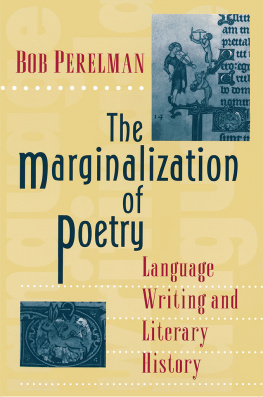
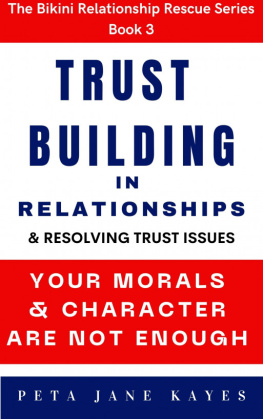
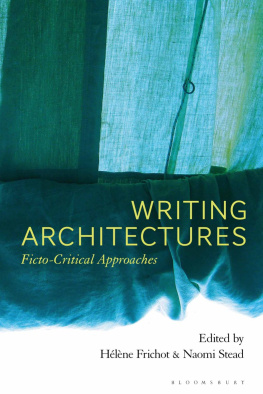
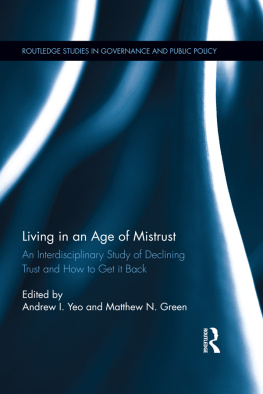
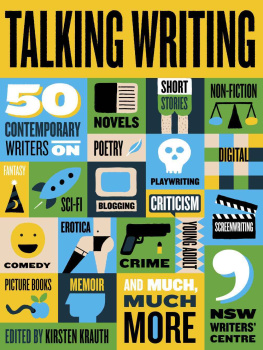
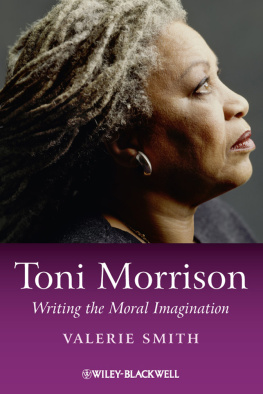

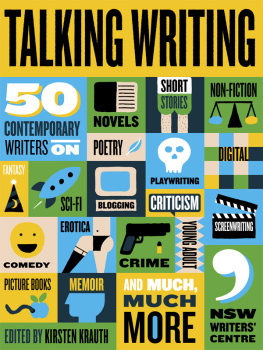
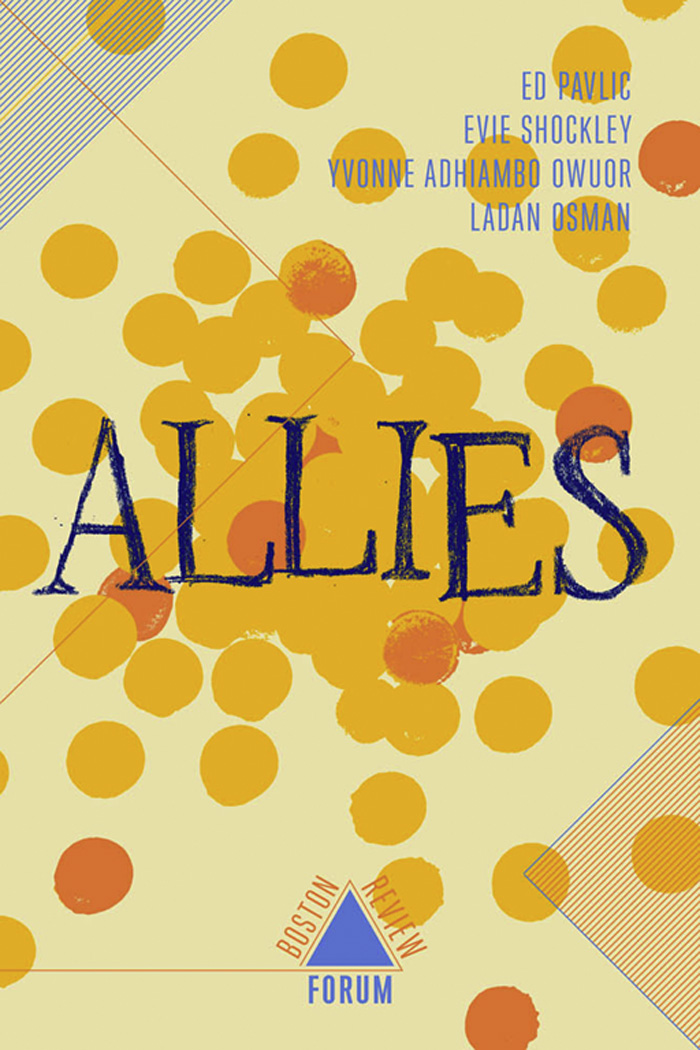
 The Children's Village. That was what their shirts read. The volunteers printed them specially, because their workplace is called Matrix. That was what Clara explained to us. She's the one who takes care of us.
The Children's Village. That was what their shirts read. The volunteers printed them specially, because their workplace is called Matrix. That was what Clara explained to us. She's the one who takes care of us.